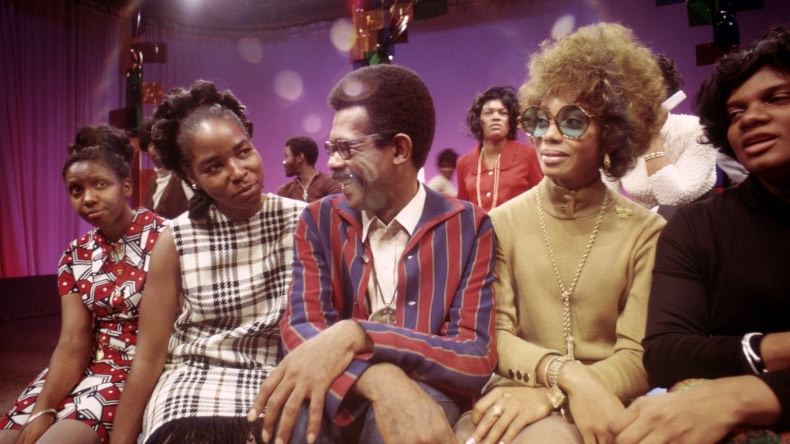Monday roundup: The need for Ferguson coverage; WFMU’s story, in film

Critics say media outlets have paid too much attention to Ferguson, but a St. Louis Public Radio editor disagrees. (Photo: Jamelle Bouie)
• Margaret Wolf Freivogel, editor at St. Louis Public Radio, considers whether the media outlet has devoted too much coverage to the racial tensions in Ferguson since the Aug. 9 shooting of Michael Brown. Some critics are “fed up” and believe extensive media coverage has “exaggerated the problems that Ferguson and the nation face,” Freivogel writes. But she concludes: “What’s happening now will resonate for decades to come in our regional and national politics, public-policy debates, collective psyche and community image. That’s why we need to report as clearly and deeply as possible on the incidents, issues and dynamics as they unfold.”
• Radio Survivor’s Matthew Lasar got a sneak peek at Sex and Broadcasting, an upcoming documentary about the one-of-a-kind New Jersey freeform station WFMU. Now I’d like to see it, too. “The kind of documentary that I was trying to make was one where we experience the day-in and day-out,” filmmaker Tim K. Smith told Lasar. “As little telling and as much showing as possible. You get to be a fly in the wall at an amazing place.”
• New York’s WNET has launched a multimedia initiative focused on poverty, with reports airing on PBS NewsHour Weekend and on the broadcaster’s multiple TV stations. Online content will include original reports and video diaries as well. “Income disparity has grown and the path from poverty to the middle class has become more difficult for many, and there are no easy answers,” said WNET President Neal Shapiro in a press release. “We can provide no greater public service than engaging our audience locally and nationally by creating a deeper understanding of the past, and showcasing solutions for the future.” Among the funders is the JPB Foundation, a new foundation led by “the widow of the biggest beneficiary of the Bernard Madoff Ponzi scheme,” according to Forbes.
• Leigh Kamman, a longtime jazz DJ who hosted a weekly show on Minnesota Public Radio for more than 30 years, died Friday at the age of 92, according to MPR News. Kamman hosted live jazz broadcasts in New York in the ’50s before joining MPR. “Kamman is remembered as a tireless promoter of the music he loved, a consummate professional and a truly nice guy,” writes MPR’s Euan Kerr.







